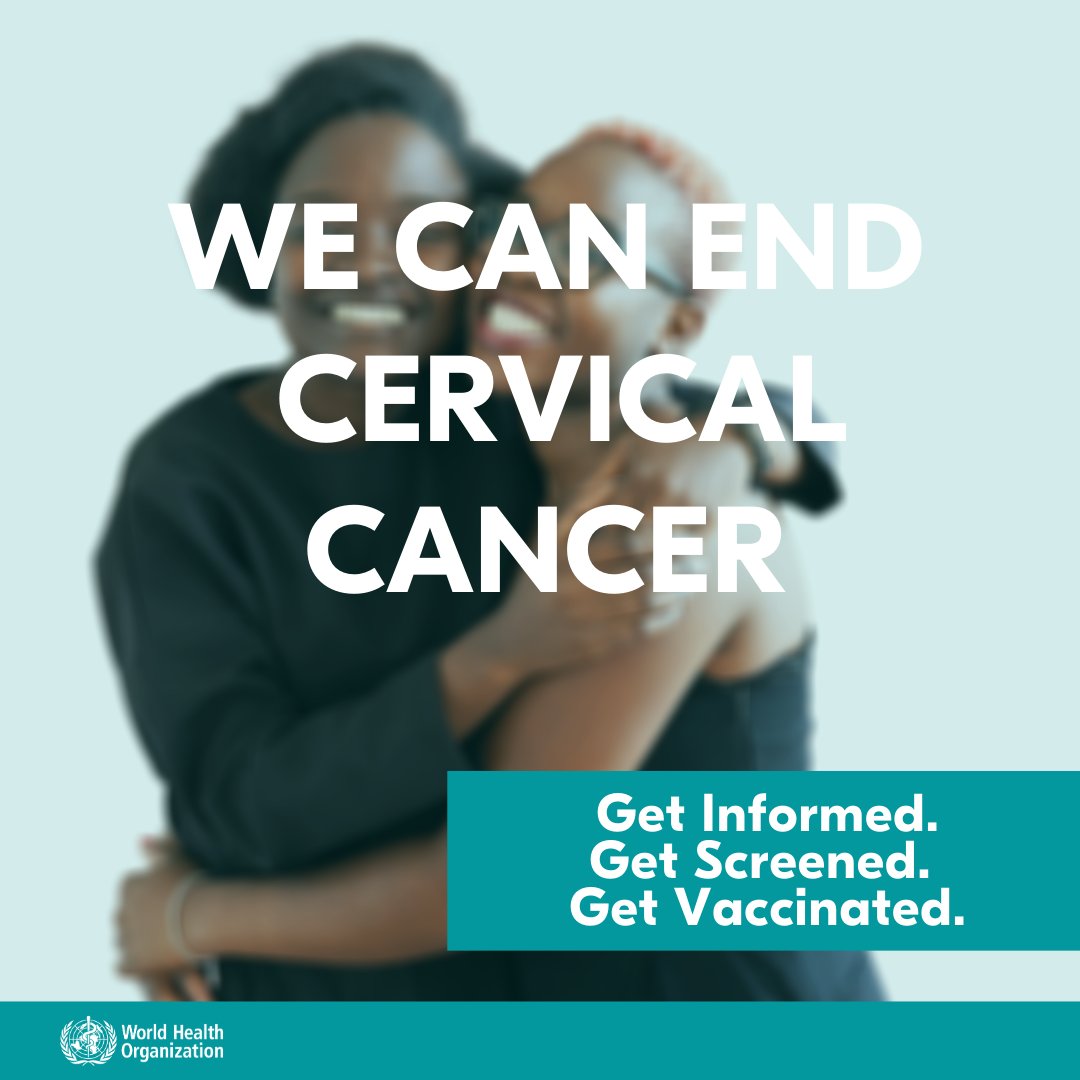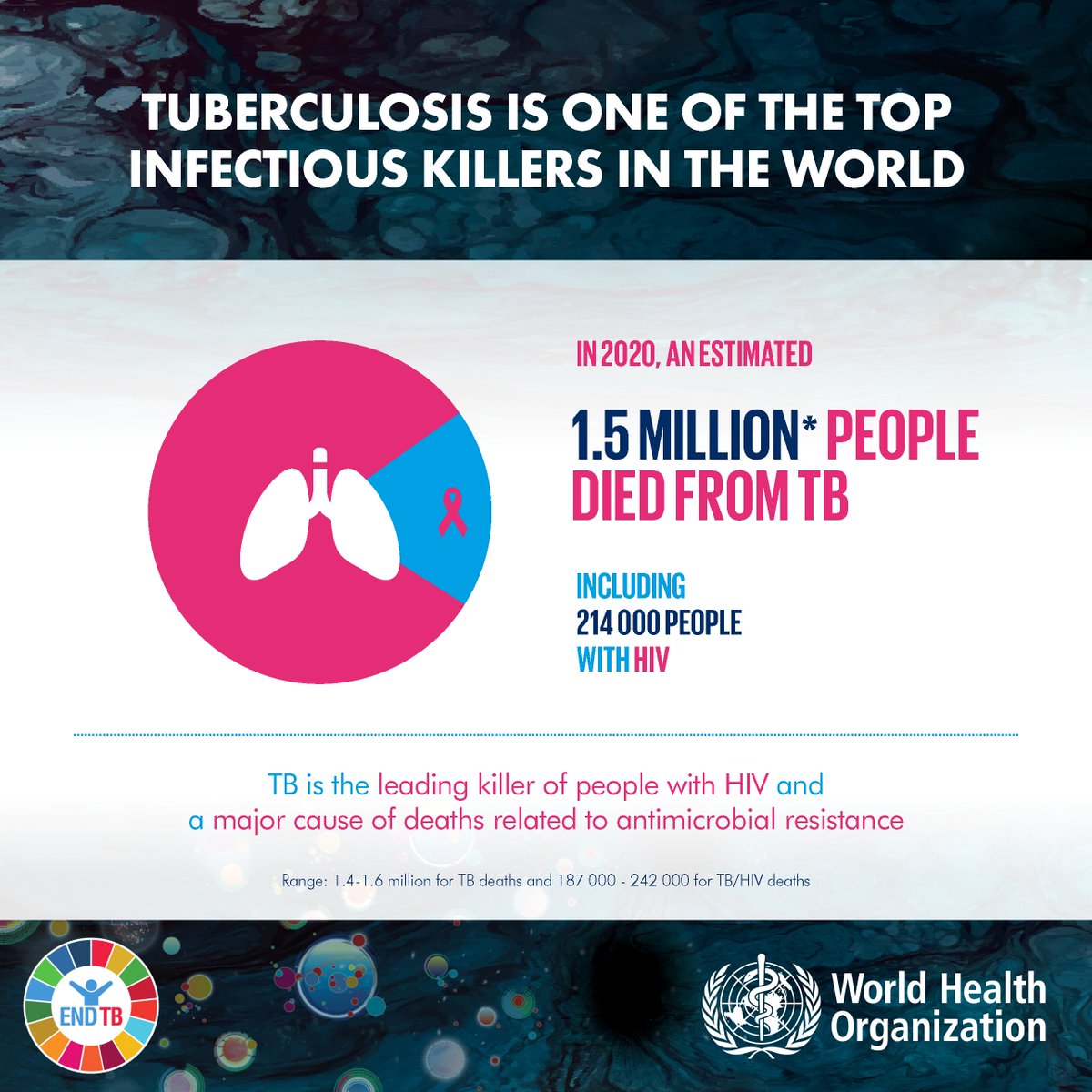
Thank you, Henrietta Lacks!
Today @DrTedros honoured Henrietta Lacks posthumously with a WHO Director-General’s award, acknowledging her story - one of inequity - and recognizing her world-changing legacy to science and health bit.ly/ThankYouHenrie…
Today @DrTedros honoured Henrietta Lacks posthumously with a WHO Director-General’s award, acknowledging her story - one of inequity - and recognizing her world-changing legacy to science and health bit.ly/ThankYouHenrie…

Henrietta Lacks died of cervical cancer, 70 years ago, on 4 October 1951.
Taken without her consent, her cells have allowed incalculable scientific breakthroughs such as HPV & polio vaccines and #COVID19 research bit.ly/ThankYouHenrie…
Taken without her consent, her cells have allowed incalculable scientific breakthroughs such as HPV & polio vaccines and #COVID19 research bit.ly/ThankYouHenrie…
https://twitter.com/who/status/1448319489003692036
Henrietta Lacks' cells, also known as #HeLaCells, became the first “immortal” cell line, allowing numerous scientific breakthroughs.
Shockingly, the global scientific community once hid her race & true story from the world, a historic wrong that today’s recognition seeks to heal.
Shockingly, the global scientific community once hid her race & true story from the world, a historic wrong that today’s recognition seeks to heal.
https://twitter.com/who/status/1448321716992753667

#HeLaCells were mass produced, for profit, without recognition to the @LacksFamily.
Over 50,000,000 metric tonnes of HeLa cells have since been distributed around the world, the subjects of over 75,000 studies.
Over 50,000,000 metric tonnes of HeLa cells have since been distributed around the world, the subjects of over 75,000 studies.
https://twitter.com/who/status/1448327286177112064
#HeLaCells allowed for development of HPV & polio vaccine; drugs for HIV/AIDS, haemophilia, leukaemia, Parkinson’s disease; breakthroughs in reproductive health, incl. in vitro fertilization; research on chromosomal conditions, cancer, gene mapping & #COVID19 research. 

Today, women of colour continue to be disproportionately affected by #CervicalCancer, and the #COVID19 pandemic has exposed the many faultlines where health inequities persist among marginalized communities around the world. 

Studies in various countries consistently document that Black women are dying of #CervicalCancer at several times the rate of white women, while 19 of the 20 countries with the highest burdens of the disease are in Africa. 

Henrietta Lacks' family joins WHO in advocating for equitable access to the HPV vaccine, which protects against #CervicalCancer.
bit.ly/ThankYouHenrie…
bit.ly/ThankYouHenrie…

As of 2020, less than 25% of low-income countries and less than 30% of lower-middle-income countries had access to the HPV vaccine through their national immunization programmes, compared with more than 85% of high-income countries. 

As the world commemorates the 70th anniversary of #HeLaCells and Henrietta Lacks’ untimely death, WHO joins the @LacksFamily in building upon her legacy, calling for equity in health and science, and supporting #CervicalCancer elimination – the disease that claimed her life.
https://twitter.com/who/status/1448319489003692036
• • •
Missing some Tweet in this thread? You can try to
force a refresh









